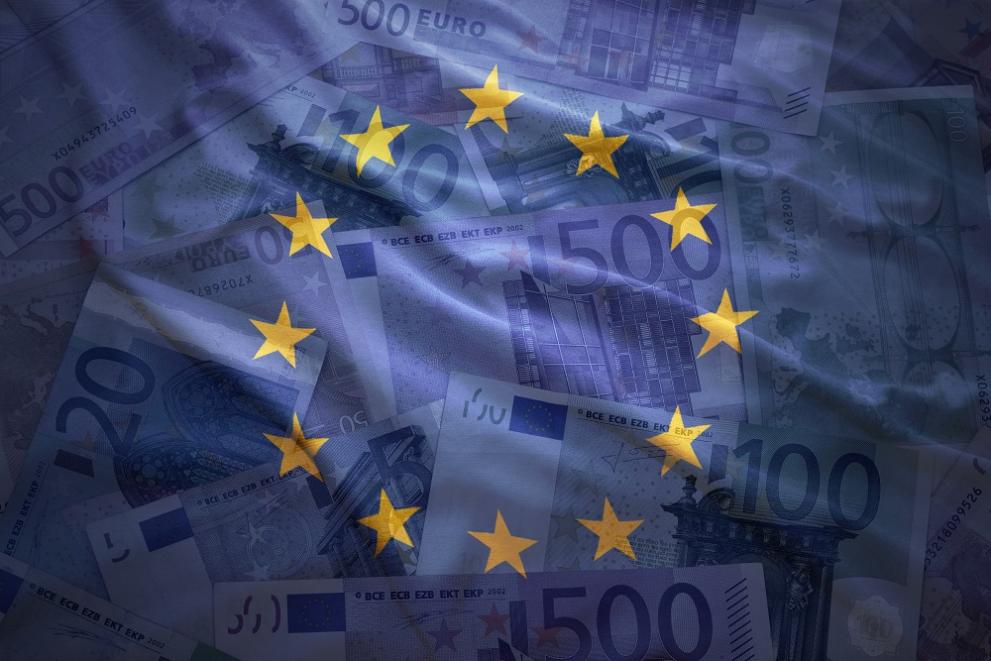
PRESS RELEASE No 13/2022
PDF version
Today the European Commission has adopted its 2022 Annual Report on the protection of the EU’s financial interests (‘PIF’ report). The overall number of cases of fraud and irregularities detected and reported slightly increased in 2022, the report shows. Recommendations to EU and national authorities include closer coordination and increased digitalisation of the fight against fraud.
Johannes Hahn, Commissioner for Budget and Administration, said: “Today’s report shows that in 2022, in a context of an increasing numbers of transactions, the EU and its Member States continued to step up their efforts to protect EU taxpayers’ money. We keep adapting to new challenges around us. Digitalisation is an important point of our recommendations to the Member States today. With this specific focus, the European Commission has also just launched its revised Anti-Fraud Strategy Action Plan to counter fraud and protect the EU budget.”
According to the PIF report 2022, the number of cases of fraud and irregularities reported by the competent EU and national authorities – 12 455 in total – slightly increased in 2022 compared to 2021, in line with the progress in the implementation of the EU’s spending programmes. The irregular amounts related to these cases decreased to €1.77 billion.
The report underlines progress in the overall coherence of anti-fraud legislation across the EU, thanks to the ongoing correction of problems in the transposition of EU rules into national systems. 24 Member States have a strategy in place to increase the protection of the EU’s financial interests or are in the process of finalising one. Furthermore, the European Commission’s proposal to amend the Financial Regulation that is currently under discussion with the European Parliament and Council also aims at strengthening transparency in the use of the EU funds, digitalisation of the fight against fraud and fraud risk management.
According to the report, detection and reporting of suspected fraud and irregularities can still be improved, as can their follow-up. There are still notable differences between Member States.
The PIF report 2022 also notes that the implementation of the national recovery and resilience plans is now in full swing and the Commission has undertaken several actions to ensure that they are implemented correctly, the report notes. In particular, system audits focusing on the protection of the EU’s financial interests are ongoing, highlighting good practices and identifying weaknesses that need to be corrected.
The 34th Annual Report on the protection of the EU's financial interests published today is available on OLAF’s website.
Background
The EU and Member States share responsibility for protecting the EU’s financial interests and fighting fraud. Member State authorities manage more than 85 percent of EU expenditure and collect the EU’s traditional own resources. The Commission oversees both of these areas, sets standards and verifies compliance.
Under the Treaty on the Functioning of the European Union (Art 325(5)), the Commission is required to produce an Annual Report on the Protection of the EU’s Financial Interests (known as the PIF Report), detailing the measures taken at European and national level to counter fraud affecting the EU budget. The report is based on information reported by the Member States, including data on detected irregularities and fraud. The analysis of this information allows assessing which areas are most at risk, thereby to better target action at both EU and national level. The report is accompanied by six working documents, providing additional and detailed information on several topics addressed in the report itself.
OLAF mission, mandate and competences:
OLAF’s mission is to detect, investigate and stop fraud with EU funds.
OLAF fulfils its mission by:
• carrying out independent investigations into fraud and corruption involving EU funds, so as to ensure that all EU taxpayers’ money reaches projects that can create jobs and growth in Europe;
• contributing to strengthening citizens’ trust in the EU Institutions by investigating serious misconduct by EU staff and members of the EU Institutions;
• developing a sound EU anti-fraud policy.
In its independent investigative function, OLAF can investigate matters relating to fraud, corruption and other offences affecting the EU financial interests concerning:
• all EU expenditure: the main spending categories are Structural Funds, agricultural policy and rural development funds, direct expenditure and external aid;
• some areas of EU revenue, mainly customs duties;
• suspicions of serious misconduct by EU staff and members of the EU institutions.
Once OLAF has completed its investigation, it is for the competent EU and national authorities to examine and decide on the follow-up of OLAF’s recommendations. All persons concerned are presumed to be innocent until proven guilty in a competent national or EU court of law.
For further details:
Kirill GELMI
Spokesperson
European Anti-Fraud Office (OLAF)
Phone: +32(0)2 29-88146
Email: olaf-media@ec.europa.eu
https://anti-fraud.ec.europa.eu
Twitter: @EUAntiFraud
Theresa ZAHRA
Deputy Spokesperson
European Anti-Fraud Office (OLAF)
Phone: +32 (0)2 29-57270
Email: olaf-media@ec.europa.eu
https://anti-fraud.ec.europa.eu
Twitter: @EUAntiFraud
If you’re a journalist and you wish to receive our press releases in your inbox, please leave us your contact data.
Details
- Publication date
- 27 July 2023
- Author
- European Anti-Fraud Office
- News type
- OLAF press release